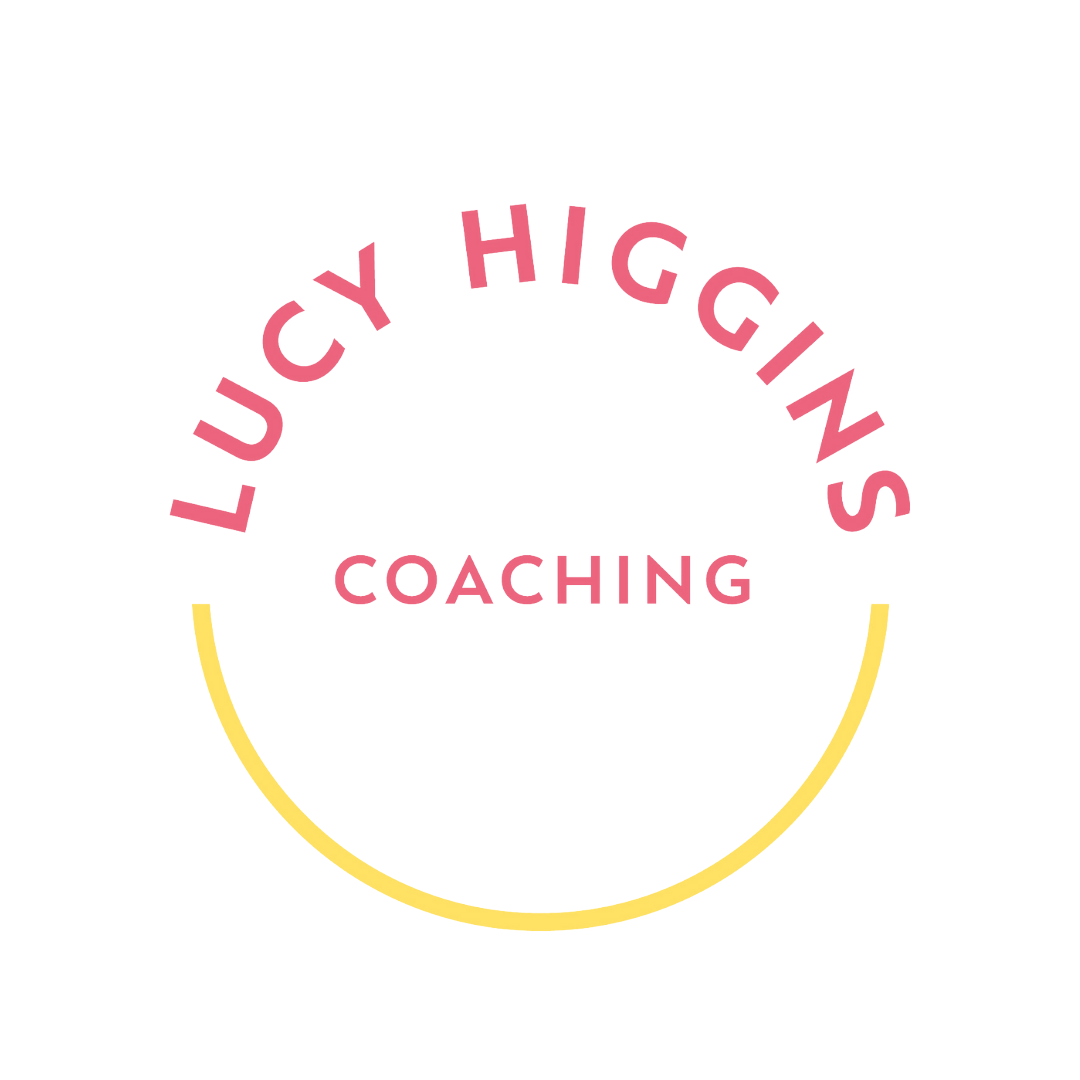Sick of being told you need to slow down? How to avoid burnout when slowing down isn’t an option
For the past 18 months my friends and family have continuously warned me that I needed to slow down. But I felt I had no choice, I was in survival mode.
It’s been widely reported that women and particularly mothers have been disproportionately affected by the pandemic. I have seen this first-hand in my coaching practice, working with Mums who have been pushed to their limits both personally and professionally.
I have been able to deeply empathise because my own experience has been no different. I have been dealing with the emotional, practical and financial implications of three traumatic life events whilst being faced with lockdowns, isolation, homeschooling, parenting and work pressures – all of which left me in a state of anxiety and often panic. But “I just kept swimming”. It was only when I experienced the physical symptoms of stress and saw the impact on my loved ones that I was forced to stop.
Here’s what I learnt:
Change your language
“A single word has the power to influence the expression of genes that regulate physical and emotional stress.” Dr Andrew Newberg, Words Can change your brain
I believe the words we use to describe our experiences become our experiences. What do the words “Slow Down” mean for you? For me, they meant “Stop” and that filled me with panic. I felt I had to DO something to fix my situation but in the constant DOING I was avoiding my recurring thought which was “If I stop, I won’t cope and then what?”
What changed this negative thought pattern was swapping “Slow down” for “You can’t pour from an empty cup”. It helped me shift my thinking to accepting I would not be the mother, wife, daughter, sister or friend I wanted to be until I carved out some time for self-care. Yes baths and Netflix but also time to just….
Be present
Knowing that my deepest fear was not being able to cope and ultimately being out of control I knew I needed to get curious about this and build some resilience for whatever uncomfortable thoughts came up. So, first I prioritised time on my own. This involved setting a daily intention to walk in the woods with my dog. I started each walk with this 54321 grounding mindfulness technique to bring me into the present. I acknowledged:
5 things I could see
4 things I could touch
3 things I could hear
2 things I could smell
1 thing I could taste
This slowed down my breathing and helped me to feel more connected to nature – and as an empath this is so important to my wellbeing. It also incorporated movement into my day which helped ease my physical symptoms of anxiety.
Get curious
How are you feeling? How are you REALLY feeling? Emotions are signposts and often when we feel a negative emotion it is a sign that one of our core values is being compromised. So I identified the feeling and then asked myself “Why am I feeling this?” I know it can feel easier to ignore our feelings than face the discomfort. But neuroscience studies have shown that the simple act of acknowledging an emotion rather than avoiding it can lessen the burden and dial down the intensity. A mantra I find helpful from Dr Daniel Siegel’s The Whole Brain Child is “Name it to tame it”.
Be vulnerable
“Vulnerability is the only bridge to build connection” Dr Brene Brown. I started to open up to my most trusted people and saw a therapist once a week. Once I’d built up the resilience, I found the courage to create my Instagram page @bigtalkformums to seek out a wider group of Mums – women who hated small talk like me and wanted a kind, non-judgemental, empathetic and nurturing space to be themselves. This felt very empowering and it made me feel less alone after feeling so isolated.
Self Compassion
This is the one I personally find the hardest to master despite knowing there is strong evidence that self-compassion leads to greater happiness, resilience, relationships and physical health and less anxiety and depression. For me it involved taking a break if I felt tired, writing down 3 things I’m good at when I woke up and 3 things I am grateful for before I went to bed. If I felt stuck, I would ask myself one of these questions:
What would I say to my best friend if she was in my position?
What would the wise 80 year old me say if she could speak to me now?
Can I be kinder to myself and if not, why not?
What am I avoiding by not choosing self-compassion?
If I did start being more self-compassionate, what might happen?
One final word from me – the past 18 months has been so tough for so many Mums. Always remember there will be a Mum somewhere feeling the same as you. You are not alone and you are stronger than you think.
*This Guest Blog was written for The Nourish App
